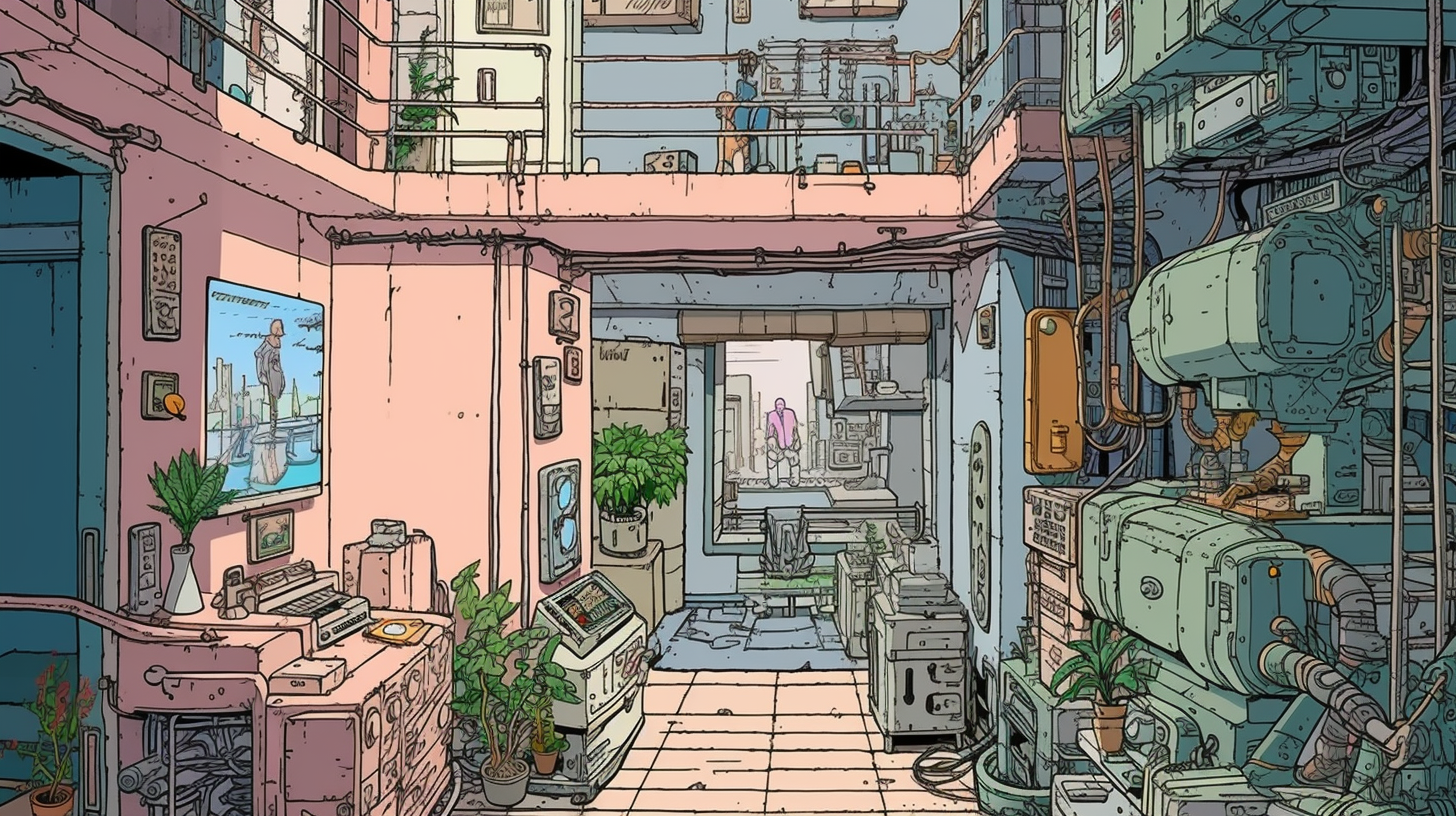The Rise of the Maker Movement and Its Impact on Local Economies

The Maker Movement has been gaining momentum over the past decade, driven by the growing accessibility of digital fabrication tools, open-source platforms, and the spirit of collaboration. With an emphasis on creativity, innovation, and self-sufficiency, the Maker Movement is transforming the way we design, produce, and consume goods. This article will explore the origins of the Maker Movement, its core principles, and its positive impact on local economies.
The Origins of the Maker Movement
The Maker Movement can trace its roots back to the DIY culture of the mid-20th century, which encouraged people to take control of their own lives and surroundings by learning new skills and embracing craftsmanship. With the advent of the internet and the rapid development of digital fabrication technologies, such as 3D printing and laser cutting, the Maker Movement has expanded beyond traditional DIY activities to encompass a wide range of creative pursuits, from robotics to wearable technology.
Core Principles of the Maker Movement
At the heart of the Maker Movement are several core principles that define its ethos and guide its practices:
- Collaboration: Makers believe in sharing knowledge, ideas, and resources with others, fostering a supportive community that values collective growth and innovation. Platforms like Instructables and GitHub facilitate this exchange by allowing makers to share their projects and collaborate with others.
- Accessibility: The Maker Movement aims to democratize the means of production by making tools, materials, and knowledge widely available to people of all skill levels and backgrounds. Organizations like the Fab Foundation help to create and support a global network of fabrication facilities that provide access to these resources.
- Sustainability: Many makers prioritize environmentally responsible practices, such as upcycling, using renewable materials, and reducing waste in their projects. Websites like The Restart Project offer resources and guidance for those looking to incorporate sustainable practices into their making.
- Learning through Doing: Makers embrace a hands-on approach to learning, recognizing the value of trial and error in the creative process. Maker Faires and workshops provide opportunities for makers to showcase their work, learn from one another, and engage with new technologies.
Impact on Local Economies
The Maker Movement is proving to be a powerful force for positive change in local economies. Some of its key contributions include:
- Job Creation: Maker spaces, workshops, and Fab Labs provide employment opportunities for skilled workers and educators while also encouraging the development of new businesses and industries. According to a 2016 report, maker spaces have been shown to generate significant economic benefits for their surrounding communities.
- Economic Diversification: The Maker Movement supports a diverse range of industries, from traditional crafts to cutting-edge technology, promoting economic resilience and adaptability. This is evident in initiatives like the Made in NYC campaign, which celebrates and supports local manufacturing and entrepreneurship.
Community Revitalization: Maker spaces and events can serve as catalysts for the regeneration of underutilized urban spaces, attracting investment and fostering a sense of community pride. One example is the Motor City Match program in Detroit, which supports local entrepreneurs and revitalizes neighborhoods by connecting them with vacant commercial spaces.
- Education and Workforce Development: The Maker Movement encourages lifelong learning and skill development, equipping individuals with the tools and knowledge needed to thrive in the modern economy. Programs like Maker Education Initiative and Fab Labs for America are working to bring maker education into schools and communities, helping to prepare the next generation of innovators and problem-solvers.
- Innovation and Entrepreneurship: The collaborative and experimental nature of the Maker Movement fosters innovation, driving the development of new products, services, and technologies. This is exemplified by the success of companies like MakerBot, which started as a small-scale maker project and has grown into a leading provider of 3D printing technology.
In conclusion, the Maker Movement is not only reshaping the way we create and consume goods but also has the potential to significantly impact local economies by promoting job creation, economic diversification, community revitalization, education, and innovation. By embracing the core principles of collaboration, accessibility, sustainability, and learning through doing, the Maker Movement is empowering individuals and communities to take control of their own economic destinies and contribute to a more resilient, inclusive, and sustainable future.

